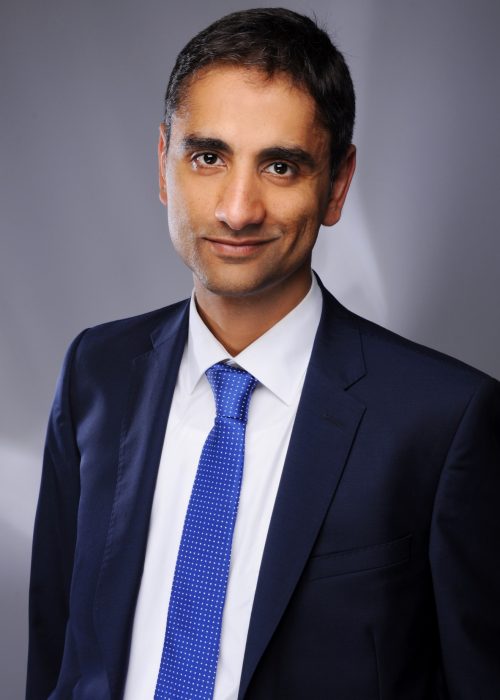2024
Project: The EU Green Deal, State-Society Relations and the Green Transition in North Africa: Prospects of Success or Failure
Dr. Mohamed Ismail Sabry
( International Institute of Social Studies, Erasmus University Rotterdam )
Dr. Mohamed Ismail Sabry is currently a Visiting Postdoctoral Researcher at the International Institute of Social Studies (ISS) of the Erasmus University of Rotterdam. He is a former Postdoctoral Research Fellow at the Merian Center for Advanced Studies in the Maghreb (MECAM) in Tunis, the Bremen University of Applied Sciences (HSB), and the Extractivism Project of the Philipps University of Marburg. He is also a Lecturer at different universities in Germany. He obtained his PhD in Economics from the Philipps University of Marburg, while his Bachelor and Masters degrees were obtained from the American University in Cairo (AUC).
Dr. Sabry’s academic fields of interests are Institutional Economics, Economic Development, Political Economy, and the MENA region. The focus of his research is on state-society relations, industrial policy, and the Green Transition. He published several books in English and Arabic and several academic papers in different peer reviewed journals.

Project IRF IV : Resources & Sustainability
The proposed research investigates various state-society policy coalitions forming around green energy transition in North Africa and their effect on the prospects of energy transition in the region. First, two processes that are relevant to the green transition in North Africa are identified, both of which are initiated by the EU Green Deal. The first process is the EU developmental assistance that entails financial and technical assistance to support structural transformation towards a greener economy. The second process is the EU’s support to its renewable energy industries’ GVCs under fierce competition from other global powers such as China. The second step is to investigate how the two processes shape the typology of actors in North Africa, carving them out, making some active, and others irrelevant. The capability of those active actors to impact the transition in either direction, however, depends on their relative power vis a vis each other and their ability to coordinate. Both factors depend on state-society relations, necessitating a deeper investigation for these relations, which is the third step in the proposed research. The final step is to assess the prospects of the success or failure of the green transition in North African countries depending on the analysis done in the previous three steps. Given the formulation of the research question, the main independent sets or domains of actors in North Africa could be broadly identified as the state, businesspeople (local and EU MNCs), labor, EU developmental agencies, and environmental non-governmental organizations (ENGOs). From each of these independent sets, actors would be drawn out based on the interests built around the identified two processes. The research depends mainly on qualitative data obtained during visits for selected North African countries as well as to headquarters of EU developmental assistance organizations and firms related to the field.
